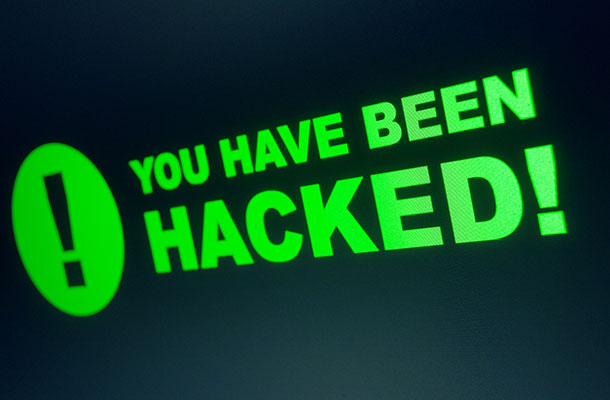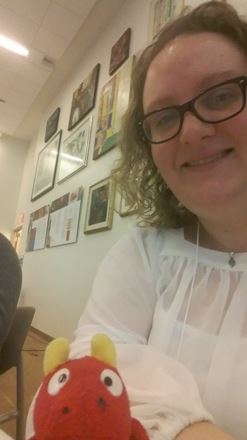In February, I got invited to take part in a hackathon. I took a second look at the invitation, and 'hackathon' jumped out! But we wouldn’t be hacking our way into the government or big business. Instead, we would try to solve a problem with a digital solution.

IP Osgoode at the Law School of York University in Toronto has tried to look at intellectual property issues with a fresh pair of eyes. They use the hackathon process as a way of exploring potential solutions. For this hackathon, they wanted to look at orphan works. In Canada, these are published copyright works where the right holder isn't found. At the moment, to license a work the applicant must complete a diligent search for the right holder and apply to the Copyright Board of Canada with a paper application.
Why hack?
This way of designing solutions was a great way to have intensive work on a project over a 2 day period. Small groups identified a problem connected with orphan works. They then came up with possible solutions, developed a prototype and pitched it to a panel of judges. It was important to keep the customer or user at the centre of the solution. It was innovative and fun but would it work for them? But to also bear in mind how sustainable the solution was, who would fund it and who would maintain it.

I was invited with colleagues from our IT team to help explain how the UK had developed its own digital solution for orphan works licensing. I was also asked to be a judge for the hackathon ideas.
Our orphan works scheme is slightly wider in scope than the one in Canada. It's also online so the IPO can receive and deal with applications immediately. So far, we have granted licences for photographs, paintings, books, songs, classical music and other works in a variety of ways. If the owner of the copyright work comes forward, we can pass on the licence fee to them.
There are always improvements we can make to our system and some of the solutions at the hackathon could apply in the UK.
Some of the ideas were really innovative. The winning concept used ideas from the digital worlds of gaming, incentivisation and crowdsourcing.
Hackathons provide an engaging and fast-paced way of working. The IPO has already held successful hackathons to look at digital issues and will definitely have more in the future. Let us know if you have ideas for a hackathon on an IP issue in the UK.
To keep in touch, sign up to email updates from this blog, or follow us on Twitter.
2 comments
Comment by Peter Lawton posted on
who paid for you to go please?
Comment by Paula Davy posted on
Hi Peter
Thank you for your question. My participation in the hackathon was at the invitation of the organisers, IP Osgoode at the Law School of York University in Toronto. The costs of the visit were split between IP Osgoode and the Intellectual Property Office here in the UK.
Margaret Haig